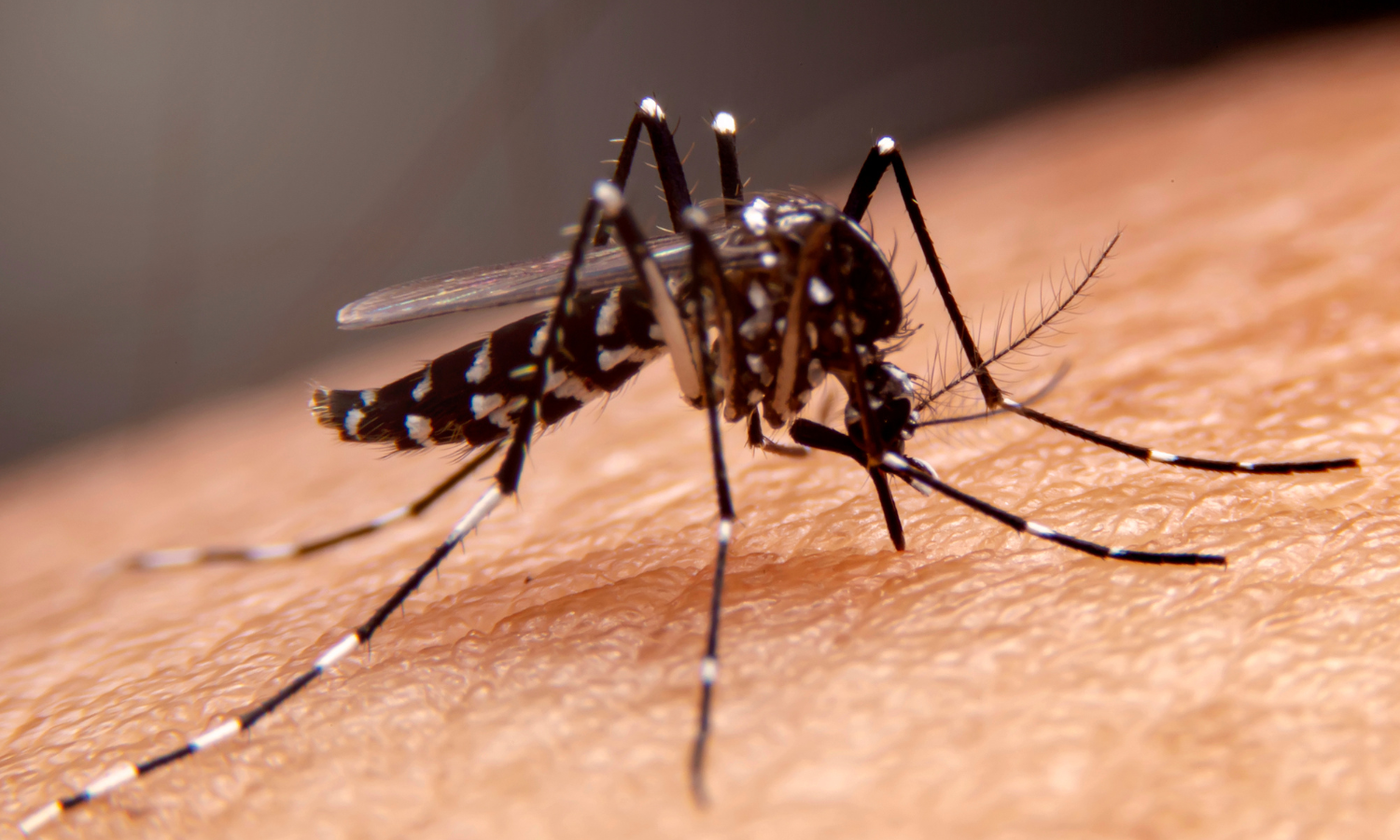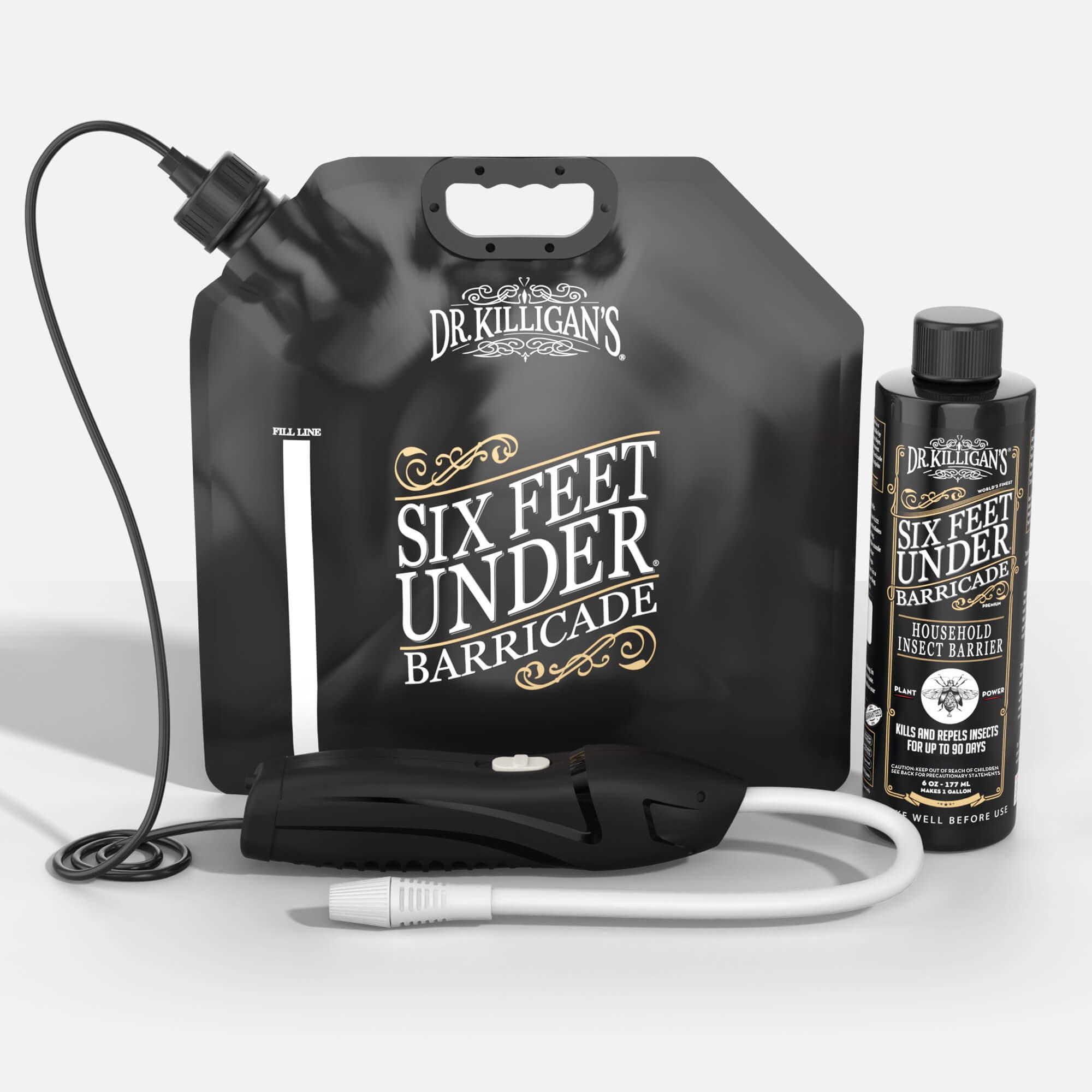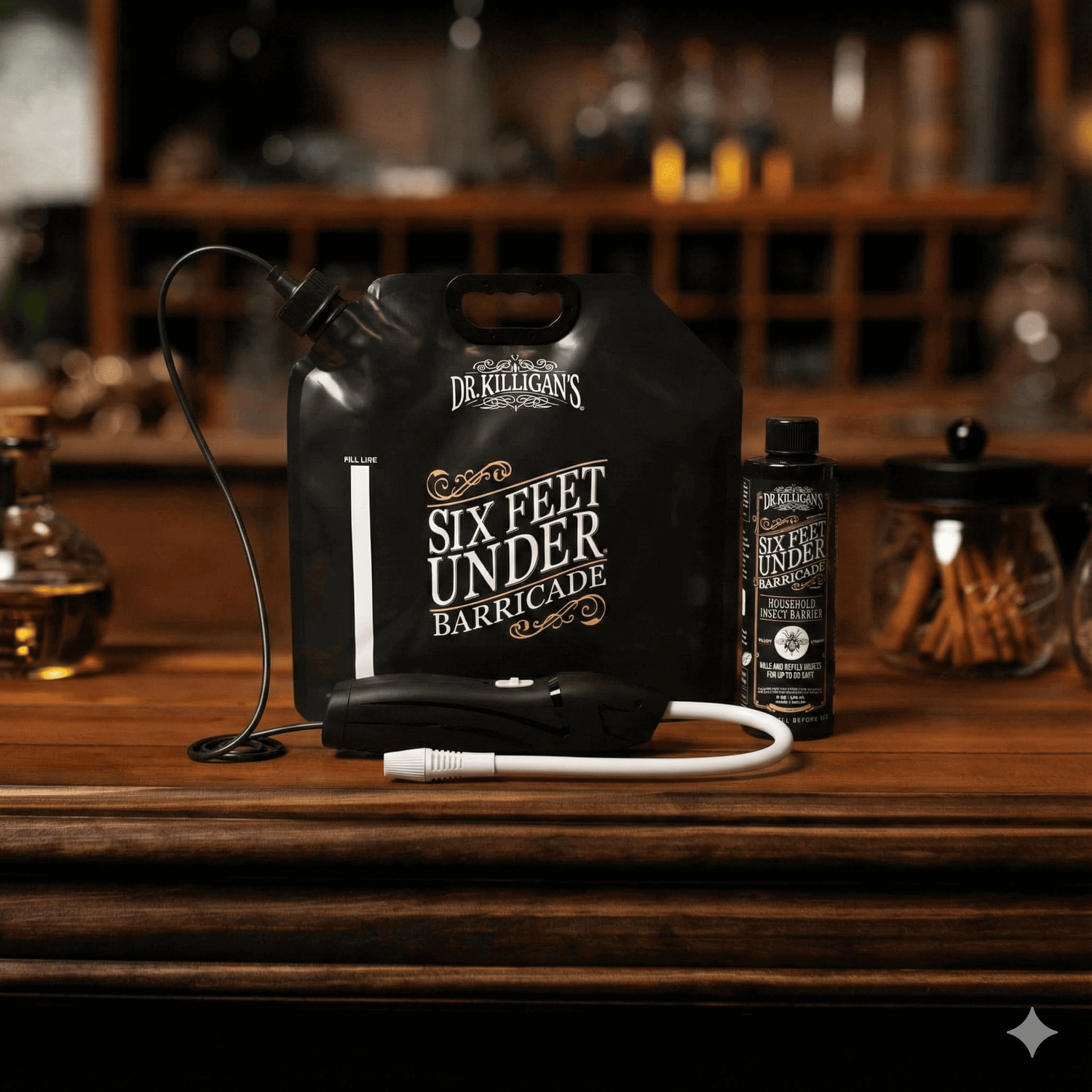Do you have a fear of bugs? Do you get squeamish when a moth flitters past you, you see something dart under your stove out of the corner of your eye, or, while drinking your morning cup of steaming black coffee, you notice a spider hanging out in midair right in front of you?
Spring, my friends, is really just around the corner…and we all know what that means. Crawling, flying, jumping, running, and spinning (for those that spin webs) insects and arthropods wake from their slumber, hungry, and thirsty.
Are you starting to feel itchy or apprehensive? Is there is a tiny black ant crawling down your back right now?
To conquer your fear of bugs, you must first understand what causes that fear.
What do people fear about bugs?
Well, for starters, bugs can harm you. Mosquitoes cause more human death than any animal (though mosquitoes don’t necessarily instill fear). Thus, it’s a healthy instinct to be slightly afraid. After all, we don’t want our children trying to catch red fire ants or reaching for the (unknown) creepy crawler that just disappeared under the refrigerator. Too, one’s fear is actually closely related to the intense feeling of disgust. Just like the disgust you feel when you find a squishy rotten tomato or open a container of yogurt, only to find it lined with mold, bugs, especially in one’s home, are disgusting. Think about a cockroach. Doesn’t just thinking about it fill you with loathing?
Here are a few more reasons for people’s adverse reactions to bugs:
Their appearance

Bugs appear otherworldly. They’re scaly. They’re furry. They have antennae. They fly. We, as humans, do not share any type of evolutionary bond with these winged (or not winged) trespassers. Thank goodness.
Their bite
Bugs can sting and bite, causing pain, irritation, swelling, or an allergic reaction. They can also send you to the hospital, definitely ruining your picnic at the beach, especially if the bitten one is a child.
Their ability to infest
Seeing ants in your home is a very strong indicator that there is a large colony living somewhere near, that these offenders may have indeed moved in. Hearing something (alive) is another matter altogether. If you listen carefully, especially in the wee hours of the morning or when others are shut-eye in the dark stillness of the night, and hear the faintest of noises—scratching, gnawing, scurrying, or squeaking—then, my friend, you have an infestation on your hands. Ants, roaches, fleas, and bed bugs all can infest a home fairly quickly.
Infestations can be a thing of the past when you use Dr. Killigan’s Insect Buster. Easily fill the buster with diatomaceous earth (which must be purchased separately) and invert, aim, and squeeze the powder toward the problem area. While it's safe for humans, it's a nightmare for insects. When your unwanted guests walk across the powder, you will soon find that they can no longer walk.
Their ability to spread disease
This stems from the biting fear. We want our homes filled with peace and joy, not scoundrels and the diseases they carry. Mosquitoes carry Yellow Fever, Malaria, and the Zika Virus. Ticks spread Lyme disease and Rocky Mountain spotted fever. Flies can transit a plethora of illnesses, causing eye infections, skin infections, and other health problems (including diarrhea, typhoid, and cholera). For those flies, arm yourself with Dr. Killigan’s Leather Fly Swatter®—the last fly swatter you will ever need—to gain an edge over flies.
Fears aren’t always easy to overcome. Running away only solves the immediate danger. Traditional pest control methods only fill your home with toxic clouds and smells that are not worth the effort, especially not when there is an alternative like Dr. Killigan’s.
Conquering your fear with Dr. Killigan's

The fear of bugs shouldn’t have you running for a chemical-based spray. Yes, you want to rid your home of these nighttime (and daytime) terrors quickly. Yes, you want to see them gone now. But, stop and think for a moment. Breathe deep. You don’t want your home filled with dangerous and smelly chemicals. You don’t want to cause harm to yourself, your pets, or your children.
Dr. Killigan’s Six Feet Under® is a non-toxic on-contact all-natural proven bug spray. If you’re seeing ants, cockroaches, moths, or other creepy crawlers, you’ve come to the right place. With Six Feet Under, you have the upper-hand against insects, and the strength to face and overcome your fear.
Our team of professionals is dedicated to perfecting the art of Killing Them Softly®. Our 100% toxin-free bug spray that is not only safe and highly effective, but it is also created with style, restoring Peace & Sanity in your home. Satisfaction guaranteed.

















